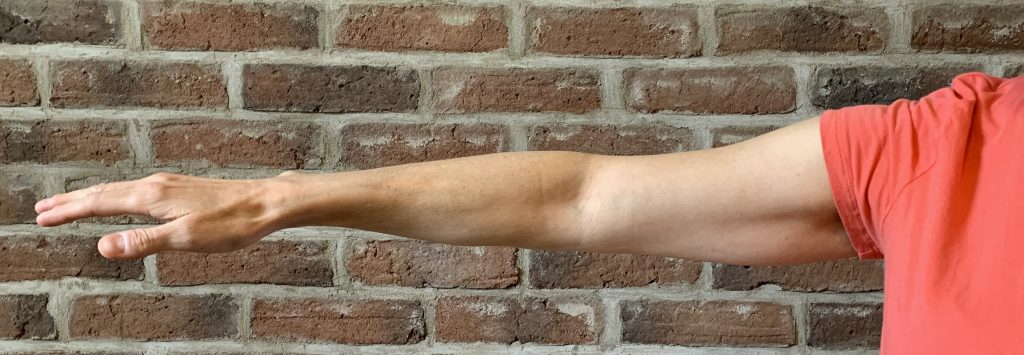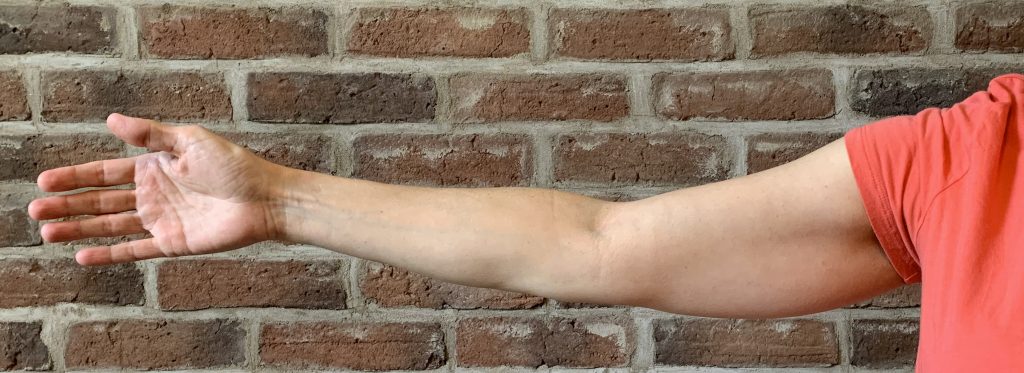In my Pilates classes, I teach a series of arm movements that are designed to warm up the shoulder girdle and gently increase range of motion. Today in class, Student A was doing one of the movements, but a particular detail was missing. I cued this person to do the exercise differently, and they did. I explained that in making the change, they were facilitating the movement of the arm in the shoulder joint.

After hearing me say this, Student B decided to experiment. They repeated the exercise the same way as Student A prior to the cue. I said, “I see you doing the same thing as Student A.”
“Yes,” Student B remarked, “I wanted to see what it felt like if I did it that way. And it feels bad [to me].” This led me to say something along the lines of, “It’s great that you tried it both ways, because until you know what good feels like, you don’t know how bad feels.” I may have said it slightly differently in the moment, but this is the gist of it. Needless to say, these words can be interpreted on many levels (e.g., “How can you feel joy if you have only felt despair?” my student mused).
As both an Alexander Technique teacher and a Pilates teacher, I am specifically interested in guiding my students towards the self-discovery of light and easy movement that is free of pops and clicks and snaps. (How your journey of self-discovery gives you insight into other aspects of your life is the icing on the cake.)

Within the Alexander Technique community, there is a lot of discussion around the use of the words “Right” and “Wrong” and “Good” and “Bad”. The issue is that these words can contain judgement. But a judgement isn’t always necessary or helpful. It could simply be a descriptive statement: “This feels good,” or, “This feels wrong.” Even F.M. Alexander said, “When you stop doing the wrong thing, the right thing does itself.” When you listen to your internal dialogue, are you judging or observing?
In Pilates, there is a correct way of doing a movement. Given enough time, maybe Student A could have independently figured out that the movement they were doing was uncomfortable (or suboptimal), and maybe they would have changed it up and done it differently. Or maybe not. Because we can become very acclimatised to how a movement feels when we do it our habitual way, we may not notice that it is uncomfortable. Maybe uncomfortable feels normal. Sometimes being instructed to make a change opens a door to considering new sensations that may, in hindsight, feel better. This is why I love bringing Alexander Technique sensibilities to my Pilates classes.
